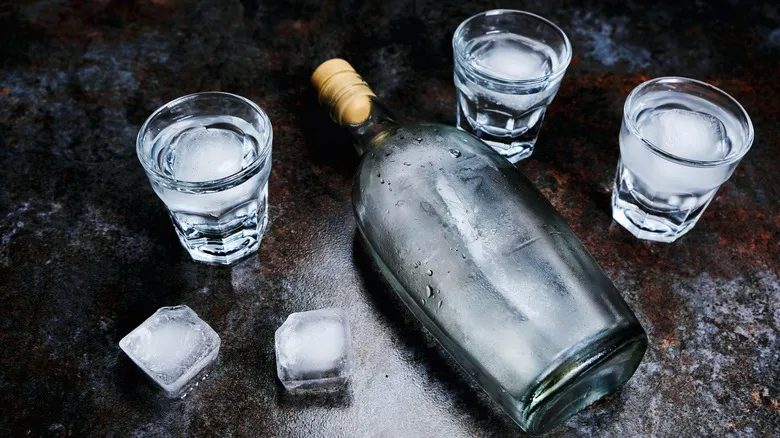Not all alcohols freeze the same
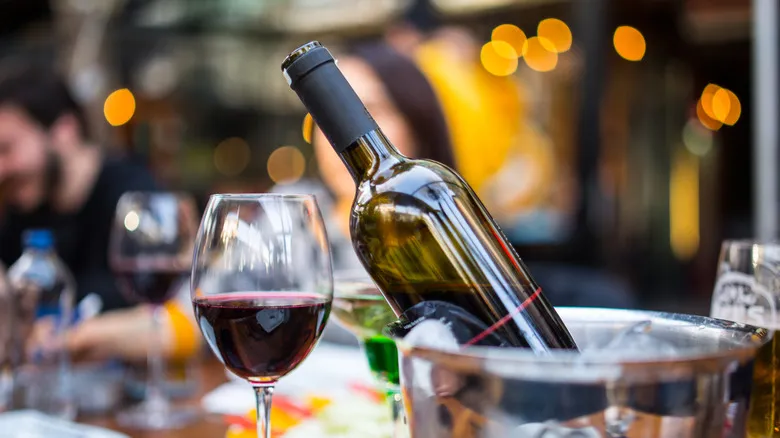
This doesn't mean you should toss your favorite Chardonnay into the freezer the night before a dinner party. There's a significant difference between beverages like wine and beer and stronger drinks such as vodka or whiskey. While wine and beer do contain alcohol, they also have a much higher water content, making them more susceptible to freezing at low temperatures. For instance, beer, with an alcohol by volume (ABV) ranging from 3% to 12%, will freeze at around 28 degrees Fahrenheit. Likewise, wine, which usually has an ABV between 8% and 14%, will freeze at approximately 23 degrees Fahrenheit—well above the typical home freezer temperature.
If you leave your beer or wine in the freezer, you could end up with a slushy, icy mess, which is the best-case scenario. Freezing causes liquids to expand, so your beer or wine could burst, resulting in exploded cans or even a shattered wine bottle. Additionally, many wines and beers are carbonated, increasing the likelihood of expansion and potential explosions in the freezer. This can be not only inconvenient but also hazardous. Therefore, you might want to explore alternative chilling methods for these beverages, such as using an ice bucket or letting them chill in the fridge for a while.
When to freeze your liquor, and when to leave it out
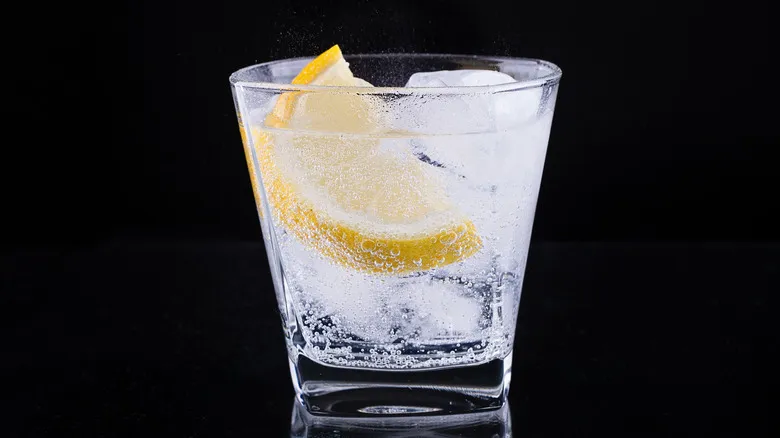
While liquors won't freeze like wine and beer, that doesn't mean you should store your entire liquor collection in the freezer. Low temperatures can change the taste of your drinks, often dulling their flavors. This isn't much of a concern for vodka, which has a more neutral profile; freezing it can even soften its strong alcoholic bite. However, the same benefits of chilling vodka can be detrimental to other liquors.
For example, spirits like whiskey and tequila, which have more pronounced flavors, can lose their character when chilled. Whiskey, in particular, contains volatile organic compounds that develop during aging, and freezing can diminish their intensity, preventing you from fully appreciating the drink's complexity. If you want to enjoy cold whiskey without sacrificing flavor, consider using whiskey stones. Ultimately, the choice is yours, and you can freeze any liquor you like—just be aware of the potential effects on taste. And for martini enthusiasts, don’t forget to chill that vodka in the freezer before crafting your classic cocktail.
Recommended
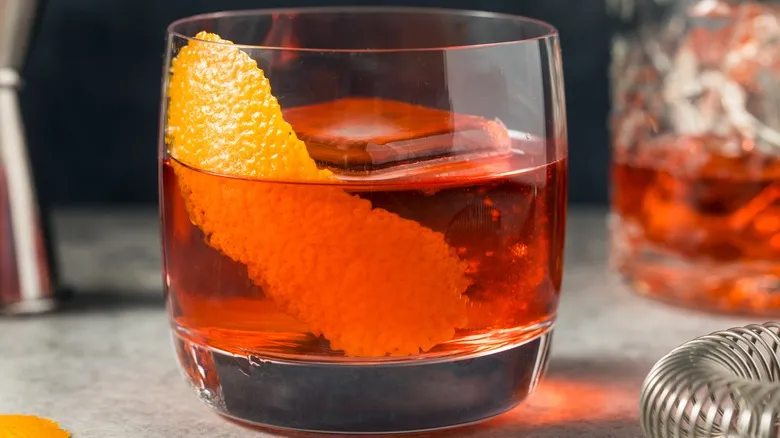
There's A Right Way To Add Ice To A Negroni
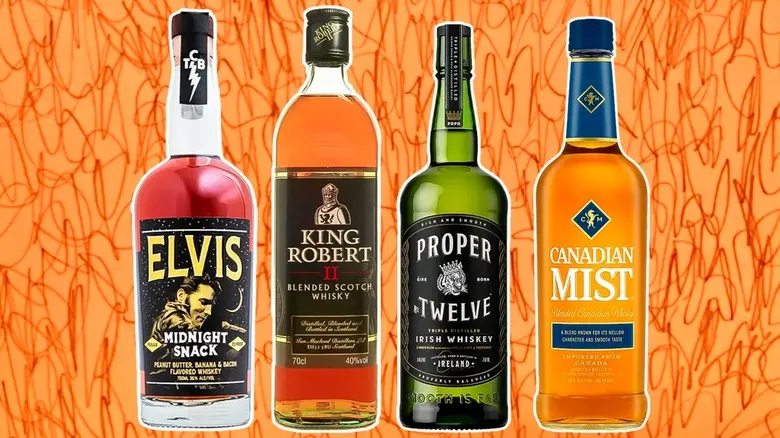
15 Worst Whiskeys Of All Time
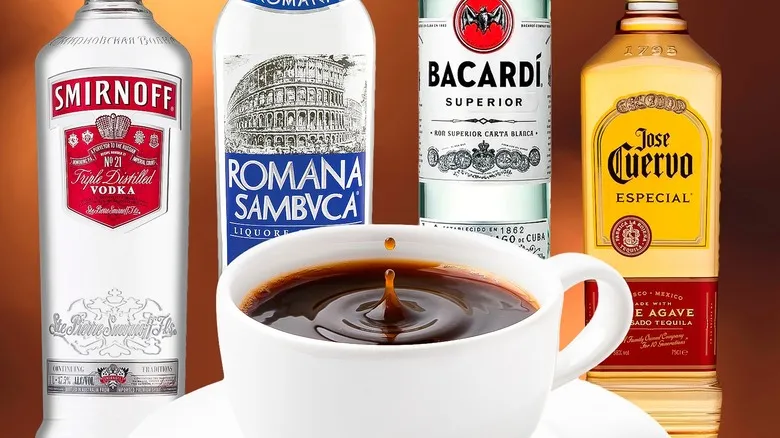
Underrated Liquors To Splash In Your Cup Of Coffee
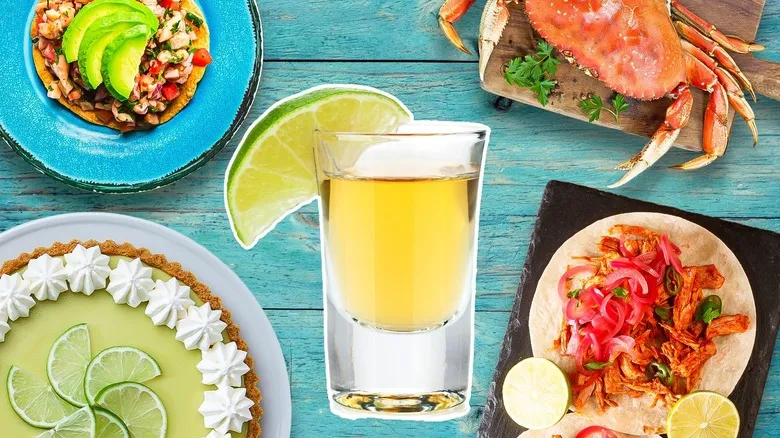
The Hands-Down Best Foods To Pair With Tequila
Next up

